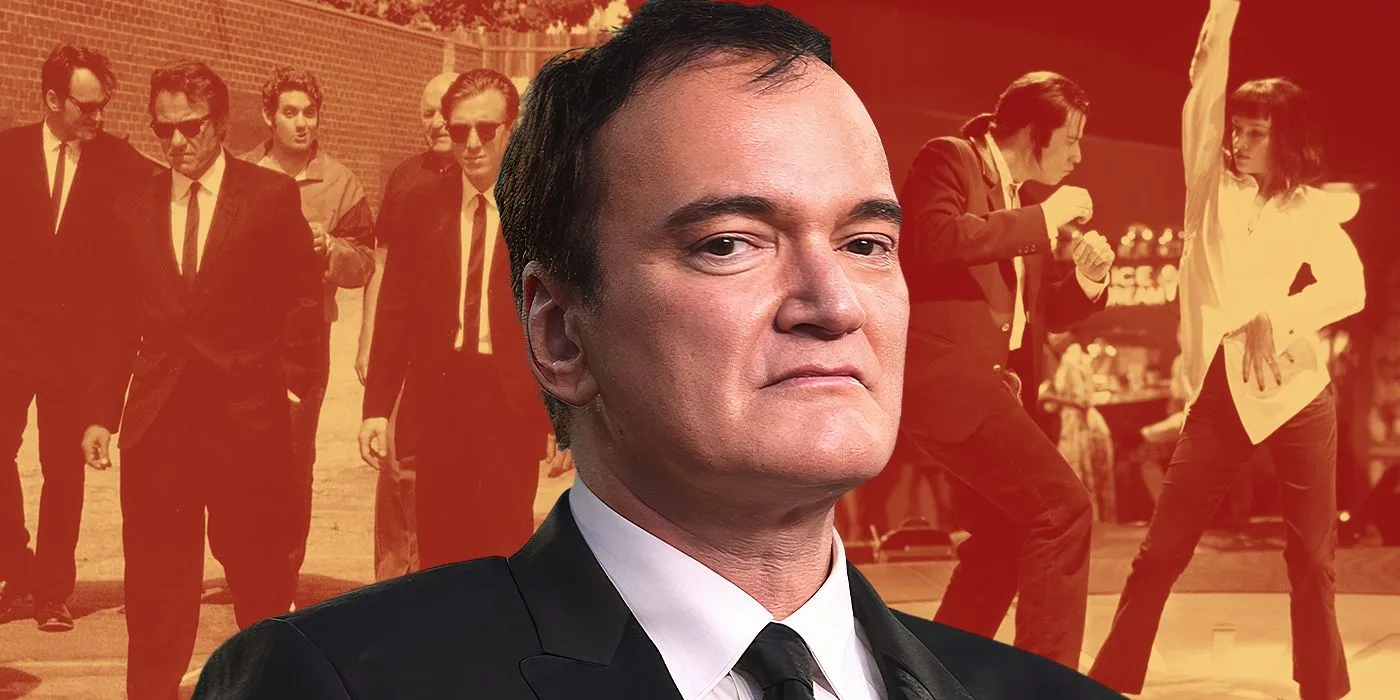Quentin Tarantino: The Master of Cinema
Quentin Tarantino is a name synonymous with innovative filmmaking, unique storytelling, and unforgettable soundtracks. Considered one of the most influential directors of the modern era, Tarantino has carved a niche for himself by blending genres, defying conventions, and highlighting the importance of music in film. In this article, we will explore Tarantino’s relationship with his favorite composer, the nuggets of wisdom he imparts to budding filmmakers, and his affection for classic Westerns.
Tarantino’s Favorite Composer
In a realm where music shapes the emotional landscape of cinema, Quentin Tarantino has never hesitated to express his admiration for Ennio Morricone. The legendary Italian composer is known for his iconic film scores, particularly his work in the Western genre. Tarantino once remarked, “Ennio Morricone is my favorite composer.” This statement encapsulates not only Tarantino’s deep respect for Morricone’s musical genius but also his commitment to honoring the legacy of those who came before him.
Morricone’s music, characterized by its ability to evoke strong emotions in the audience, has been pivotal in shaping the tone and atmosphere of many films, especially Westerns. Tarantino, who often draws inspiration from classic genres, masterfully incorporates songs and scores into his films to enhance the narrative experience. By featuring Morricone’s compositions in movies such as “The Hateful Eight,” Tarantino pays homage to his favorite composer while simultaneously introducing Morricone’s work to a new generation of film lovers.
Advice for Young Filmmakers
As a filmmaker who broke into a notoriously difficult industry without formal training, Tarantino has become a beacon of hope for young filmmakers. His journey from a video store employee to an Academy Award-winning director serves as an inspiration for those aspiring to enter the film industry. When discussing his advice for budding filmmakers, Tarantino emphasizes the importance of time management on set, a crucial but often overlooked aspect of filmmaking.
“Use your time wisely,” Tarantino advises. He believes that every minute on set counts, and filmmakers need to maximize their productivity. Filmmaking is an intricate dance of logistics, creativity, and collaboration, and being mindful of time helps ensure that all components align harmoniously. Tarantino’s rigorous approach to time management has allowed him to create intricate stories filled with character depth and context.
Moreover, he emphasizes the importance of preparation. A well-planned shoot not only mitigates the chaos that often accompanies film production but also allows filmmakers to stay focused on their artistic vision. Tarantino’s commitment to preparation is evident in his meticulous scripts and storyboard designs, ensuring that every shot reflects his vision and storytelling intent.
Western Influence: Comanche Territory and Red Canyon
Quentin Tarantino’s appreciation for Westerns goes beyond mere admiration; it’s a deep-seated tribute to a genre that has shaped American cinema. His interest is reflected in his filmography, wherein he often revives elements characteristic of classic Westerns while infusing them with modern sensibilities. This synergy is most noticeable in his films like “Django Unchained” and “The Hateful Eight”, but it also extends to his lesser-known projects, such as his recent homage to classic Westerns titled “Comanche Territory and Red Canyon.”
Tarantino has consistently championed the Western genre, revering its ability to explore complex themes such as morality, justice, and human nature. When examining the influence of films like “Comanche Territory,” it becomes clear how they offered a nuanced portrayal of themes often overlooked in mainstream cinema. In crafting his narratives, Tarantino draws upon the essence of these classics, weaving them into the fabric of his films while offering fresh perspectives.
“Red Canyon,” on the other hand, represents another layer of Tarantino’s homage, as he breathes life into the landscapes and stories that characterize classic Westerns. By drawing inspiration from these films, he invites audiences on a nostalgic journey that challenges their perceptions of heroism, villainy, and the often-blurred lines in between.
The Legacy of Tarantino’s Style
Quentin Tarantino’s filmmaking style is distinctive and has contributed significantly to the evolution of modern cinema. His use of nonlinear storytelling, sharp dialogue, and cultural references resonate deeply with audiences, creating a form of cinema that feels both familiar and refreshing. Furthermore, his use of eclectic soundtracks enhances emotional depth and creates a unique atmosphere in his films.
In crafting movies that pay tribute to genres while remaining original, Tarantino challenges the norms of storytelling. He seamlessly blends humor, violence, and gravity, prompting audiences to explore complex emotions. His dialogues, replete with wit and depth, have become a hallmark of his style. These elements contribute to what many call a Tarantino film—one that leaves viewers not only entertained but encouraged to reflect on deeper themes.
Conclusion: The Bidirectional Influence of Tarantino
Quentin Tarantino’s influence stretches far beyond the boundaries of cinema; it inspires viewers and aspiring filmmakers alike to engage with storytelling in a nuanced way. By calling upon his favorite composer and sharing valuable insights on filmmaking, he fosters a culture of respect for the craft and recognition of its roots. Through his work, Tarantino pays homage to the past while simultaneously pushing the boundaries of contemporary cinema.
As we reflect on his enduring legacy, it becomes evident that Tarantino is more than a filmmaker; he is a custodian of the cinematic art form. His explorations of genre, respect for musical composition, and dedication to time management serve as vital lessons for future generations in the industry. Quentin Tarantino continues to prove that great storytelling thrives on the intersection of respect for tradition and the pursuit of innovation.







